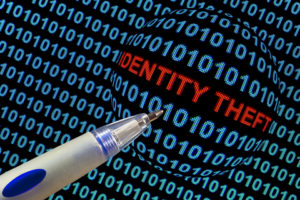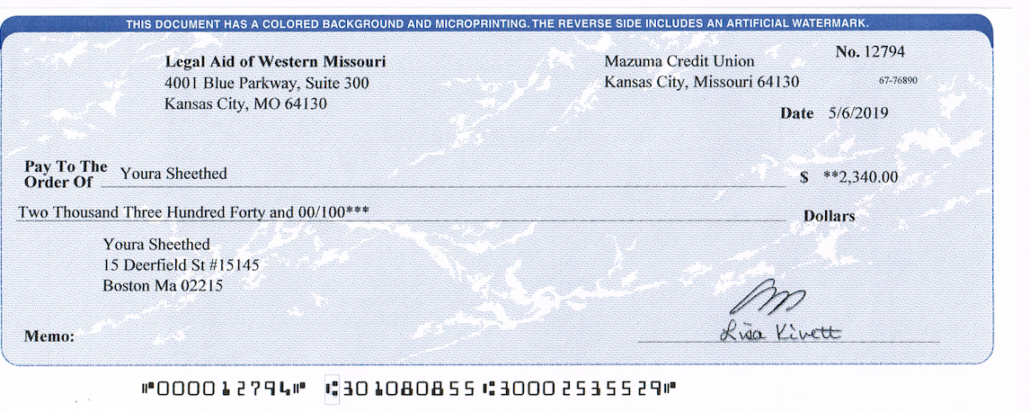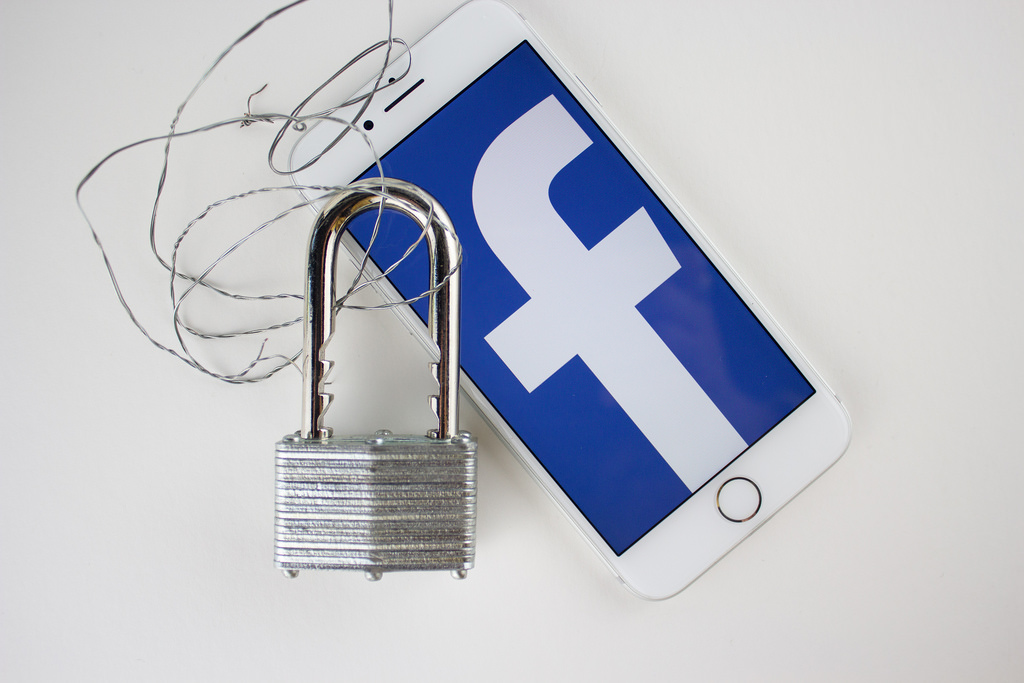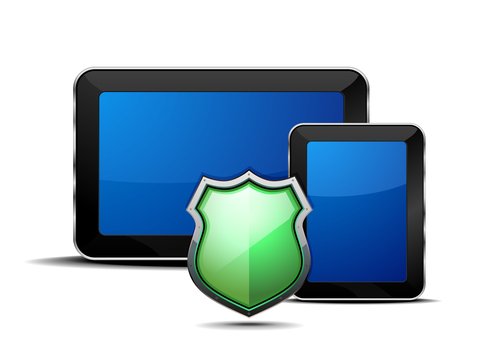There are scammers out there targeting conference exhibitors and attendee. What are they looking for? Credit card numbers, money wires and personal information that they can use to steal identities. One of the ways that scammers get this information is by using invitation or list scams. Basically, if you are registered for a conference, speaking at a conference, a conference vendor or just “in the business”, you might get an email…or several emails…that invite you to a conference or offer to sell you a list of attendees, and their contact information, which may be beneficial to you…but is it too good to be true? Definitely.
These Lists are Lies
Along
with conference invitation scams, many associations are targets of list scams.
A quick search of “Attendee List Sales Scam” pulls up numerous associations
whose members and anyone interested in marketing to these members are being
targeted by criminals to purchase non-existent lists.
Though
it might sound great to get a list of all attendees of a conference, including
their contact information, you might be surprised to know that these lists are
lies. On top of that, getting this information might not even be legal.
Think
about it for a second. When you signed up for a conference, did you choose to
opt-in to have your personal information shared with others? Probably not, and
that also means that most of the other attendees did not do this either.
To
find out if the list is possibly legit, take a look at the show’s policies. Do
they give information to third parties? Do they rent or sell lists of
attendees? Is the name of the company that contacted you on the list of their
third-party vendors? If this checks out, the list could be legitimate. If not,
it’s probably a lie.
If
you think you are dealing with a liar, the first thing you should do is plug
the company that contacted you into the Better Business Bureau’s website. If it
is a scam, you should certainly see information proving that. If not, but you
aren’t interested, just unsubscribe. If you think that you are dealing with a
scammer, don’t reply or even unsubscribe. Instead, just delete the email and
don’t take any action. Many of these scammers are simply looking for active
email addresses.
More Conference Invitation
Scams
Another
scam involves telling attendees about exhibitors that don’t even exist. This
can push you into wanting to sign up for the conference, but in reality, the
conference, itself, might not even exist, and in this case, you could just be
giving your hard-earned money to a scammer.
So,
if you find yourself in this situation, the first thing you want to do is
research. One step is to look up the person who contacted you online, such as
on LinkedIn, and see if they are who they say they are. Another thing to do is
to contact the conference venue and ask if the event is being held there. You
can also check the contract for refund or cancellation information. You also
should do some research about the reputation of the contactor company. Finally,
always make sure that you pay for any conference with a credit card. This way, with
zero liability policy’s, you can get your money back, and every legitimate
conference company is happy to accept credit cards.
But Wait…There’s More
Another
scam associated with trade shows and conferences is to contact attendees about
hotel reservations, but once you pay…it’s all a scam. Usually, these scammers
will contact the attendees and say that they represent the hotel for the
conference. They will tell you that rates are significantly rising or that it
is sold out, so you must act immediately…however, they will say that they need
the full amount up front.
When
in doubt about this type of scam, you should always contact the trade show
organizers yourself, and then ask who the booking rep is. You should also give
them the name of the company that you believe is scamming you so they can
advise others of the scam.
Know Your Options
- It
is very important when you are signed up to present or attend a conference that
you only engage with the company that is running the conference
- If
in doubt, confirm with the company that the offers from third-party claims are
correct.
- You
can also get an official exhibitor list of official vendors.
- Keep
in mind that these legitimate companies might have your personal information,
but they would not release your personal contact information with
third-parties.
- Some
exhibitors might get the mailing address of attendees, which you can opt out
of. Most of this is harmless, of course, but that doesn’t mean that all of
these lists are.
Wi-Fi Hacks
Finally,
you want to watch out for wi-fi hacking. This is a common scam for conference
goers. When you attend a conference or trade show, you probably just expect
that you will get free wi-fi, right? This allows you to take care of business
and ensure that your booth runs smoothly. Hackers know this, of course, so they
set up nearby and create fake networks. Once you connect to these networks,
they can come into your device, take your information, and even watch
everything you are doing online.
Keep in mind that these fake networks look remarkably similar to the legitimate networks set up by the conference. So, always double check before connecting, and if you are ever in doubt, make sure to ask one of the conference or trade show organizers. They can confirm that you are on the right network. There are always going to be scammers out there, especially when you are attending a trade show or conference. There are just too many opportunities for scams, and they can’t say no. Fortunately, by following the advice above and by reporting any suspicious activity, you can not only make sure that you, yourself aren’t falling for these scams, but also help others to not fall for this type of nefarious scheme.
Robert Siciliano personal security and identity theft expert and speaker is the author of Identity Theft Privacy: Security Protection and Fraud Prevention: Your Guide to Protecting Yourself from Identity Theft and Computer Fraud. See him knock’em dead in this Security Awareness Training video.



































